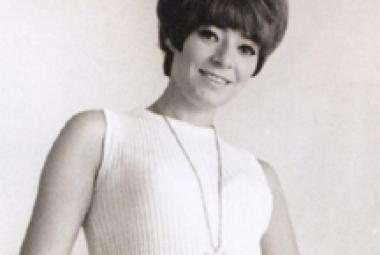RECORDING INDUSTRY ASSOCIATION OF AMERICA (RIAA)
The Recording Industry Association of America (RIAA) is a trade organization that represents the recording industry in the United States. Its members consist of record labels and distributors, which the RIAA says “create, manufacture and/or distribute approximately 85% of all legally sold recorded music in the United States”. The RIAA headquarters is in Washington, D.C. The RIAA says its current mission includes: to protect intellectual property rights and the First Amendment rights of artists; to perform research about the music industry; and to monitor and review relevant laws, regulations and policies. The RIAA also participates in the collective rights management of sound recordings, and it is responsible for certifying Gold and Platinum albums and singles in the United States. (More from Wikipedia)
Plagiarizing music is not so straightforward to spot as, say, plagiarizing a term paper. On the other hand, theft is theft: Almost no one defends the right to simply steal someone else’s work, whether or not it is resold; the term for that is “piracy”. The “music-sharing” website from the late 1990’s called Napster had millions of songs easily available as free downloads in the mp3 format. When the heavy metal band Metallica learned that their new single “I Disappear” was available on Napster even before it was officially released (and subsequently discovered the rest of their catalogue on the site as well), they filed suit against the service in 2000. The Recording Industry Association of America (RIAA) had already done so, and other artists followed suit. In July 2001, Napster shut down their free service; and, for several years, they continued to offer individual songs for download, though this time for a fee. Over the years, this has become the preferred method of purchasing music by a huge slice of the buying public; and eventually, the album as we know it might disappear from the music world entirely – in any format.
(August 2012)
* * *
Bob Dylan’s bootleg albums fall into a different category entirely from all of the rest, if you ask me. While latter-day Bob Dylan concerts often show up on bootleg records, dozens if not hundreds of songs that had never been released on any of his studio albums or singles can be found on the myriad bootleg albums that have been issued over the years, as taken from a wealth of demo recordings, live performances of early songs (where less than 20 people appear to be in the audience in some cases), and many other sources. According to the Recording Industry Association of America (RIAA), Bob Dylan is the most bootlegged artist of all time, and that certainly doesn’t surprise me. For his part, Dylan hates bootleg records but eventually responded in his own way to get his unreleased recordings out there to his fans.
(September 2017)















